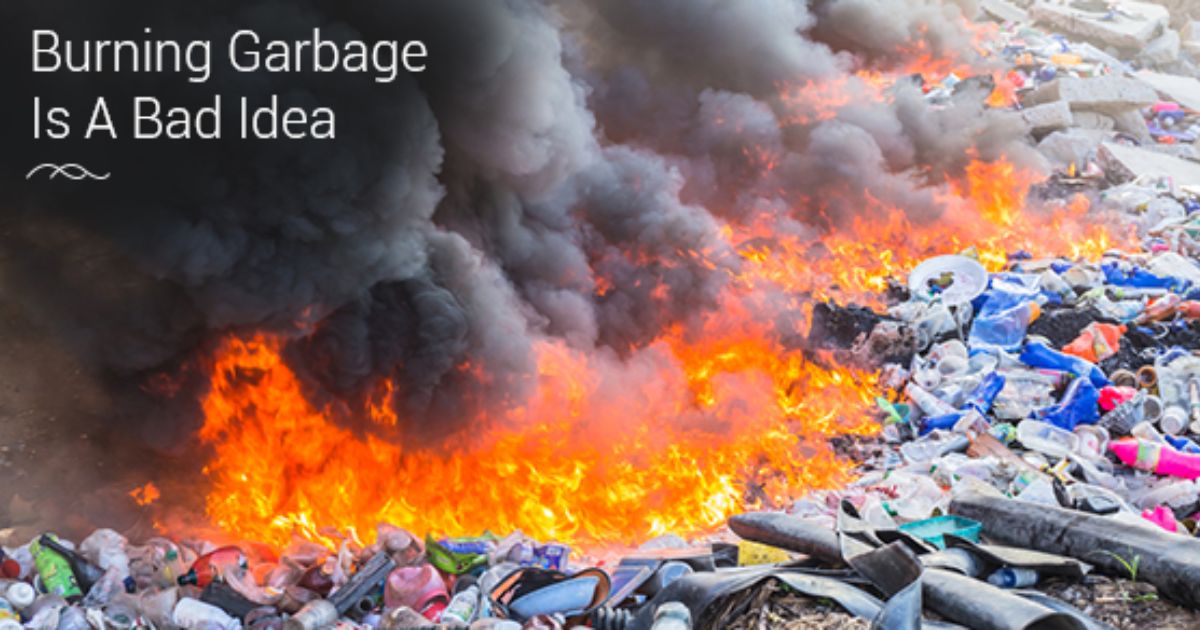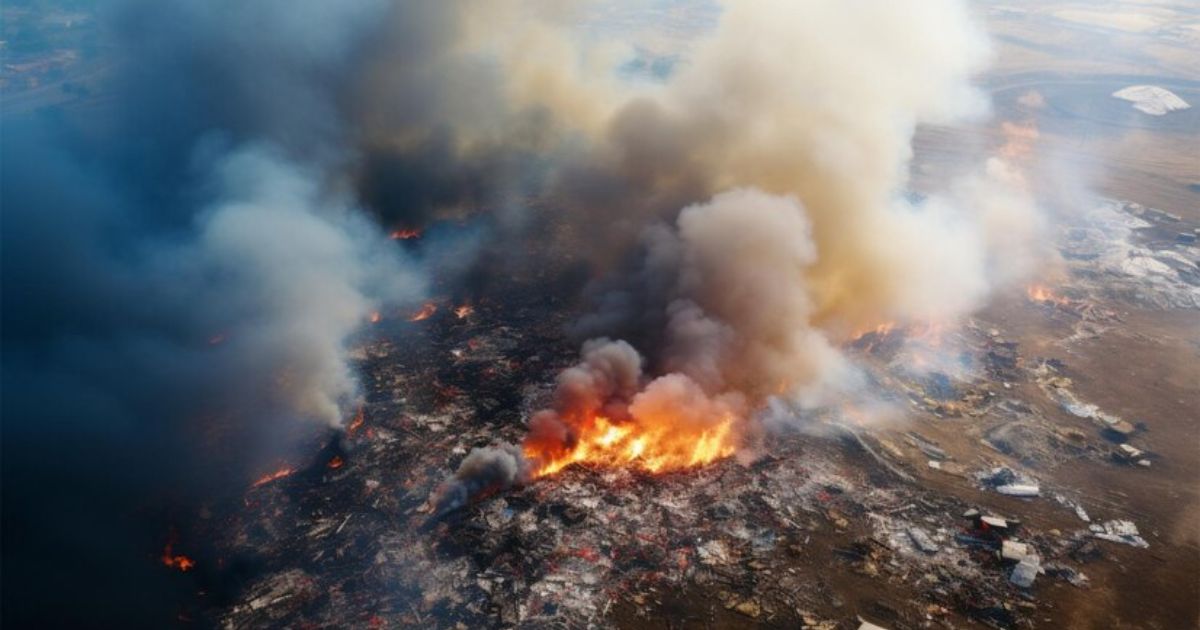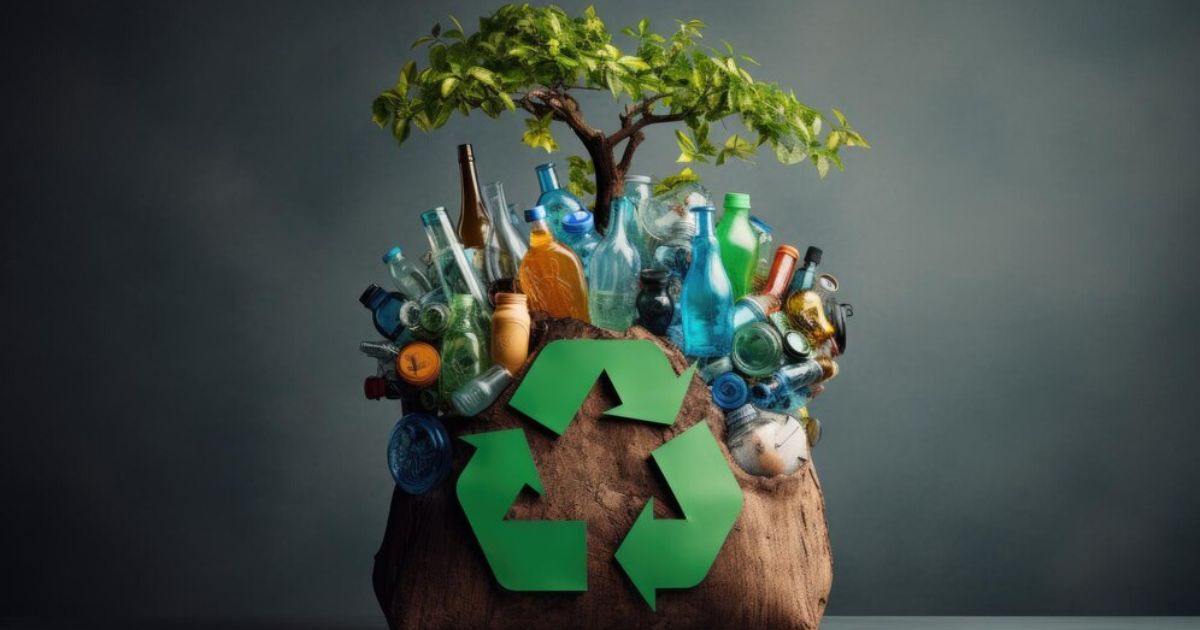Did you know that burning trash contributes to significant environmental damage and poses health risks? In fact, according to a recent study, incineration of waste is responsible for a substantial increase in air pollutants and contributes to climate change. This article explores the negative impacts of burning trash, including its effects on air quality and climate change, as well as alternative solutions for sustainable waste management. Join us as we delve into the environmental and health consequences of this common practice and explore ways to promote more sustainable waste management practices.
Key Takeaways
- Burning trash releases pollutants into the air, contributing to air pollution and negative effects on human health and the environment.
- Incineration of waste emits greenhouse gases, which contribute to climate change.
- Implementing pollution control measures and promoting waste reduction strategies can help minimize the environmental impact of burning trash.
- Burning trash poses health risks due to the release of toxic substances, both for incinerator workers and nearby communities. Proper safety measures and regulations should be enforced to protect their health.
Environmental Impact of Burning Trash
The environmental impact of burning Is It Bad to Breathe in Trash? is a significant concern due to its negative effects on air quality and the release of harmful pollutants. Pollution control and waste reduction are crucial in mitigating these impacts. When trash is burned, it releases various pollutants into the air, such as carbon monoxide, nitrogen oxides, sulfur dioxide, and volatile organic compounds. These pollutants contribute to air pollution and can have detrimental effects on human health and the environment.
Additionally, burning trash emits greenhouse gases, contributing to climate change. Implementing pollution control measures, such as advanced combustion technologies and emission controls, can help reduce the release of these harmful pollutants. Furthermore, promoting waste reduction strategies, like recycling and composting, can minimize the amount of trash that needs to be burned, ultimately reducing the environmental impact of this practice.
Health Risks Associated With Incineration
Burning trash poses significant health risks due to the release of harmful pollutants into the air. Incineration facilities are known to emit various toxic substances, including heavy metals, dioxins, furans, and volatile organic compounds (VOCs). These pollutants can have detrimental effects on human health, especially for those who work in or live in close proximity to incinerators.
Incinerator workers are particularly at risk of exposure to these toxic pollutants. They may inhale or come into direct contact with hazardous substances, leading to respiratory problems, skin irritation, and other adverse health effects. Long-term exposure to these pollutants can even increase the risk of developing chronic diseases such as cancer.
Furthermore, the potential release of toxic pollutants into the surrounding environment can also pose health risks for nearby communities. The inhalation of these pollutants can cause respiratory issues, cardiovascular problems, and other health complications.
Therefore, it is crucial to consider the health risks associated with incineration when evaluating the overall impact of burning trash. Proper safety measures and regulations should be enforced to minimize exposure and protect the health of both incinerator workers and surrounding communities.
Effects on Air Quality and Climate Change
Incinerating trash has significant implications for air quality and climate change. When waste is burned, it releases various pollutants into the atmosphere, contributing to the deterioration of air quality. These pollutants include particulate matter, nitrogen oxides, sulfur dioxide, and volatile organic compounds, all of which can have detrimental effects on respiratory health. The combustion process also produces greenhouse gases such as carbon dioxide and methane, which contribute to climate change by trapping heat in the atmosphere. To illustrate the impact of incineration, consider the following table:
| Impact on Air Quality | Impact on Climate Change |
|---|---|
| Release of pollutants | Contribution to greenhouse gas emissions |
| Deterioration of air quality | Trapping heat in the atmosphere |
| Negative effects on respiratory health | Climate change and its consequences |
These effects highlight the importance of finding alternative waste management methods that are more sustainable and environmentally friendly.
Alternatives to Burning Trash
One alternative to burning trash is the implementation of waste recycling programs. Recycling options provide a sustainable approach to waste management by diverting materials from landfills and reducing the need for burning. Here are four recycling options that can effectively minimize the environmental impact of waste:
- Paper Recycling: Paper products, such as newspapers and cardboard, can be recycled into new paper, reducing the demand for fresh raw materials.
- Plastic Recycling: Plastics can be recycled into new products, conserving energy and resources while preventing them from polluting the environment.
- Metal Recycling: Recycling metals like aluminum and steel saves energy and reduces the extraction of virgin ores, contributing to a more sustainable future.
- Glass Recycling: By recycling glass, we can conserve valuable resources and reduce the energy required to produce new glass products.
In addition to recycling, composting methods can also be employed to manage organic waste, such as food scraps and yard trimmings. Composting can transform these materials into nutrient-rich soil amendments.
Promoting Sustainable Waste Management Practices
To promote sustainable waste management practices, it is essential to explore alternative methods of waste disposal and implement environmentally-friendly solutions. Sustainable waste reduction is a key aspect of this approach, as it aims to minimize the amount of waste generated and sent to landfills or incinerators. Recycling initiatives play a crucial role in achieving sustainable waste reduction. By implementing effective recycling programs, materials that would otherwise end up in landfills can be diverted and used to create new products. This not only reduces the demand for virgin resources but also decreases the environmental impact associated with the extraction and production of those resources. Additionally, recycling helps conserve energy and reduce greenhouse gas emissions, contributing to a greener and more sustainable future.
FAQ,s
How Does Burning Trash Affect Water Quality?
Burning trash contributes to water pollution and environmental contamination. This practice releases harmful chemicals and toxins into the air, which can then settle into water bodies, leading to the degradation of water quality.
What Are the Economic Costs of Incineration Compared to Other Waste Management Methods?
The economic implications of incineration compared to other waste management methods are an important consideration. It is crucial to analyze the costs associated with incineration, as well as the potential environmental consequences, to make informed decisions about waste management strategies.
Can Burning Trash Contribute to the Spread of Diseases?
Burning trash can have negative implications for public health due to the release of pollutants into the air. The relationship between incineration and air pollution needs to be carefully examined to understand the potential spread of diseases.
How Does Incineration Impact the Surrounding Ecosystem?
Incineration of trash can have negative effects on the surrounding ecosystem by releasing harmful pollutants and greenhouse gases. This can disrupt ecological balance and contribute to air and water pollution, impacting both human and wildlife health.
Are There Any Potential Solutions to Reduce the Negative Impacts of Burning Trash on the Environment?
Recycling alternatives and waste-to-energy technologies are potential solutions to reduce the negative impacts of burning trash on the environment. By implementing these strategies, we can minimize pollution, conserve resources, and promote a sustainable future.
Conclusion
In conclusion, the practice of burning trash has significant environmental and health risks associated with it. Incineration negatively impacts air quality and contributes to climate change. It is crucial to promote sustainable waste management practices that prioritize recycling, composting, and reducing waste generation. By adopting these alternatives, we can minimize the harmful effects of burning trash and work towards a more sustainable future.










